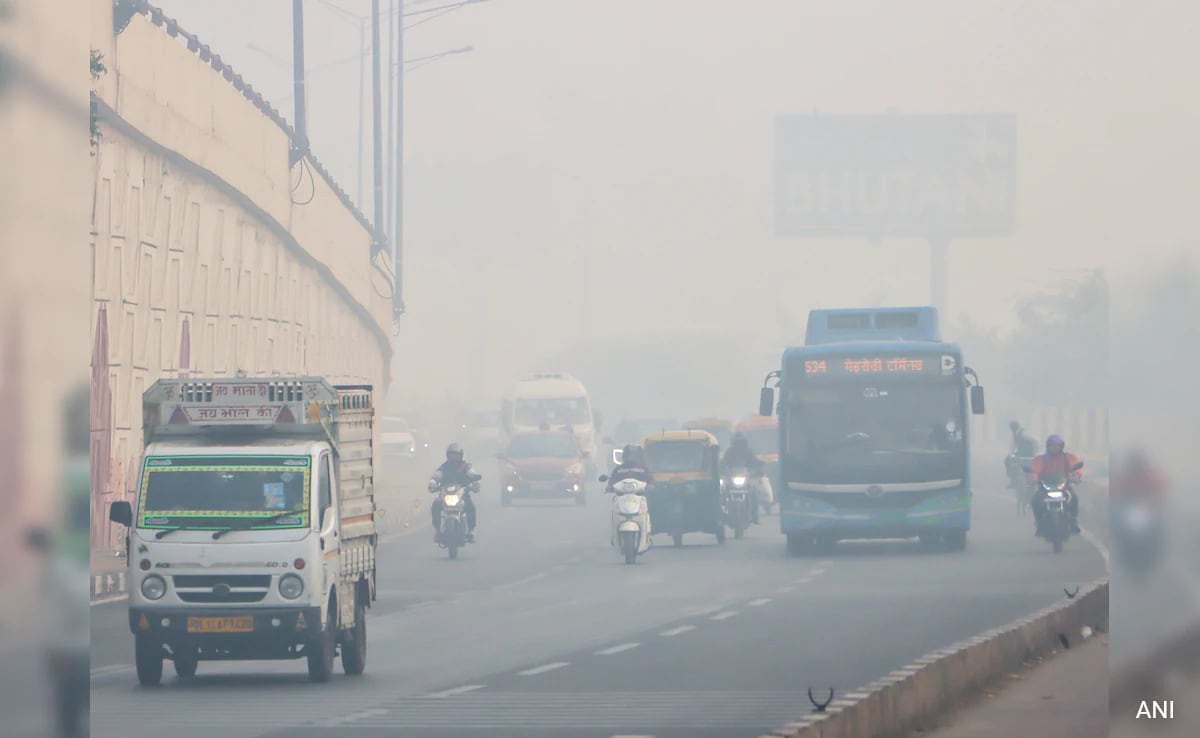Twenty-two cases of COVID-19 sub-variant JN.1 have been detected in the country till Thursday, with 21 cases being reported from Goa and another from Kerala, official sources said.
In Goa, the sources told Press Trust of India, no clustering of cases of the JN.1 variant has been seen and all infected people have recovered without complications.
Those infected had mild upper respiratory tract infection with symptoms of mild dry cough, sore throat with or without fever, sources told Press Trust of India.
In November, 62 samples were sent to different INSACOG labs for whole genome sequencing for detection of the JN.1 variant, while in December, so far, 253 samples have been sent, the sources told Press Trust of India.
“A total of 22 cases of the JN.1 variant have been reported till December 21 in the country,” an official source told news agency PTI.
The Kerala case, a 79-year-old woman, has recovered without complications. She had mild symptoms and was the first case of JN.1 to be detected in India. The detection was made on December 8.
NITI Aayog member (Health) Dr V K Paul on Monday had said that the scientific community in India is closely investigating the new variant but stressed on the need for states to ramp up testing and strengthen their surveillance systems.
Even though the number of cases is rising and the JN.1 sub-variant has been detected in the country, there is no cause of immediate concern as 92 per cent of those infected are opting for home-based treatment, indicating mild illness, officials said.
There is also no increase in hospitalisation rates and COVID-19 is an incidental finding in people hospitalised due to other medical conditions.
In a letter to states and union territories, Union Health Secretary Sudhansh Pant on Monday had underlined the critical COVID-19 control and management strategies considering the upcoming festive season and advised them to put in place requisite public health measures to minimise the risk of increase in transmission of the disease.
States have been urged to ensure effective compliance of the detailed operational guidelines for revised surveillance strategy for COVID-19 shared by the Union Ministry of Health and Family Welfare.
They have asked to monitor and report district-wise cases of Influenza-like Illness (ILI) and Severe Acute Respiratory Illness (SARI) in all health facilities regularly for early detection of rising trend of cases.
India saw a single-day rise of 640 fresh COVID-19 infections while the number of active cases climbed to 2,997 from 2,669 the day before, according to Union health ministry data on Friday.
The death count has climbed to 5,33,328 with one more fatality reported from Kerala, the data updated at 8 am stated.
The JN.1 (BA.2.86.1.1), emerged in August in Luxembourg and is a descendant of the BA.2.86 lineage (Pirola) of SARS COV2.
The countries reporting the largest proportion of JN.1 sequences are –France (20.1 per cent,1552 sequences), the USA (14.2 per cent,1072 sequences), Singapore (12.4 per cent ,934 sequences), Canada (6.8 per cent,512 sequences), the UK (5.6 per cent, 422 sequences) and Sweden (5.0 per cent,381 sequences).














